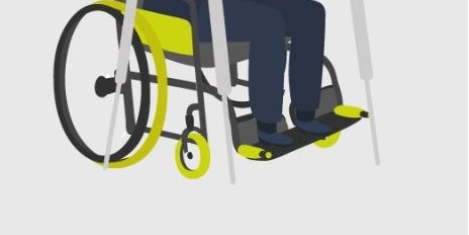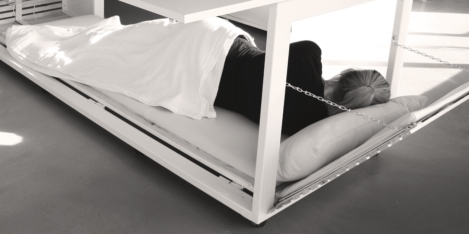To provide the best experiences, we use technologies like cookies to store and/or access device information. Consenting to these technologies will allow us to process data such as browsing behaviour or unique IDs on this site. Not consenting or withdrawing consent, may adversely affect certain features and functions.
The technical storage or access is strictly necessary for the legitimate purpose of enabling the use of a specific service explicitly requested by the subscriber or user, or for the sole purpose of carrying out the transmission of a communication over an electronic communications network.
The technical storage or access is necessary for the legitimate purpose of storing preferences that are not requested by the subscriber or user.
The technical storage or access that is used exclusively for statistical purposes.
The technical storage or access that is used exclusively for anonymous statistical purposes. Without a subpoena, voluntary compliance on the part of your Internet Service Provider, or additional records from a third party, information stored or retrieved for this purpose alone cannot usually be used to identify you.
The technical storage or access is required to create user profiles to send advertising, or to track the user on a website or across several websites for similar marketing purposes.
 Employment insecurity affects many people but, overall, work in the UK is as secure as it was 20 years ago, with limited evidence of growing casualisation, new research from the CIPD claims. The report Megatrends: Is work really becoming more insecure? finds that at 20 percent, the share of non-permanent employment in the UK – which includes the self-employed and temporary workers (including temporary zero hours contract workers) – has not increased since 1998.
Employment insecurity affects many people but, overall, work in the UK is as secure as it was 20 years ago, with limited evidence of growing casualisation, new research from the CIPD claims. The report Megatrends: Is work really becoming more insecure? finds that at 20 percent, the share of non-permanent employment in the UK – which includes the self-employed and temporary workers (including temporary zero hours contract workers) – has not increased since 1998.






 One in five dads says their working schedule means they are missing out on seeing their children growing up, claims
One in five dads says their working schedule means they are missing out on seeing their children growing up, claims 


























July 26, 2019
Self-employment might be good for mental health
by Mark Stabile • Comment, Flexible working, Wellbeing
(more…)